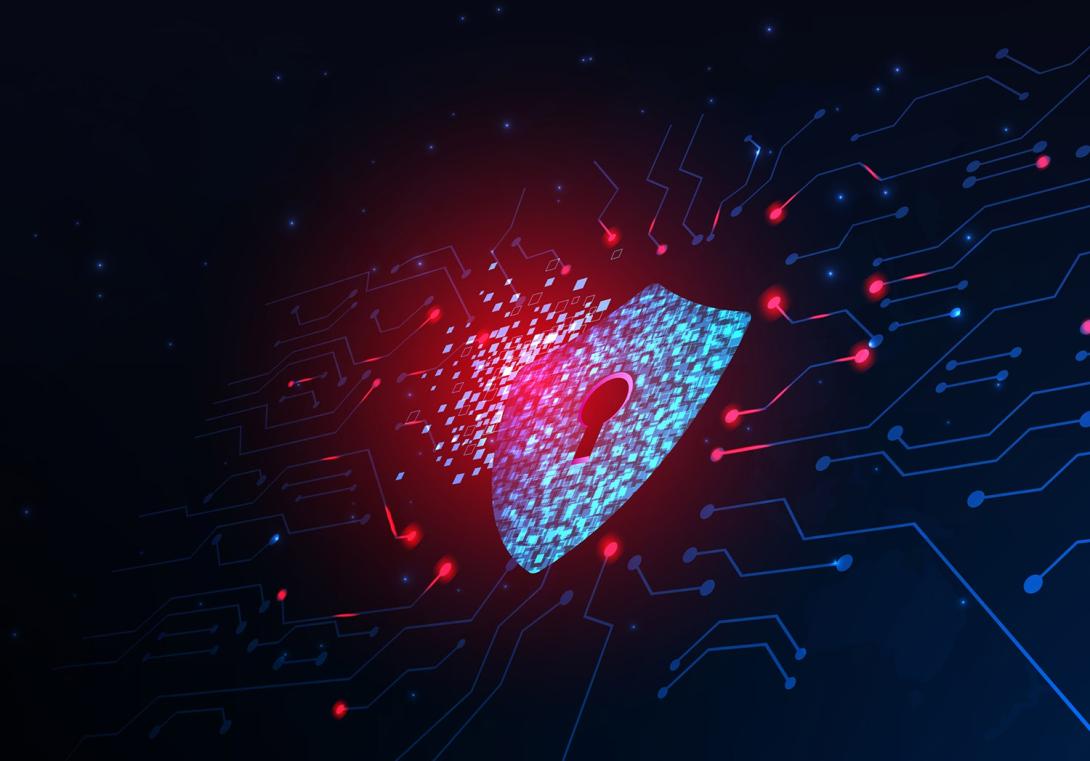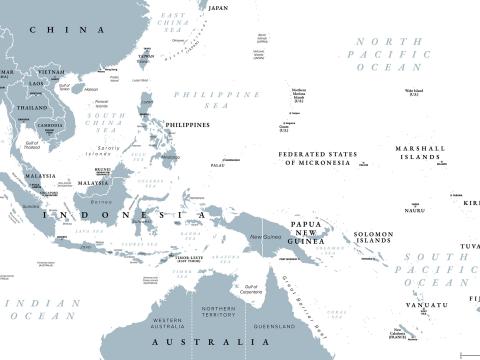President's Commentary: Cooperating To Outpace the Cybersecurity Threats
It is challenging to describe the sheer urgency of cyber cooperation needed across departments, agencies, industries and governments.
The dire threat was made clear with the chilling revelation that Volt Typhoon, Chinese hackers sponsored by the People’s Republic of China (PRC), had compromised the information technology environments of multiple U.S. critical infrastructure sectors in the continental United States and its territories. The FBI and other agencies assessed with high confidence that Volt Typhoon hackers pre-positioned themselves on information technology networks to enable access to operational systems so they could disrupt functions essential to our society.
FBI Director Christopher Wray drove home the urgency when he said the PRC “has made clear that it considers every sector that makes our society run as fair game in its bid to dominate on the world stage, and that its plan is to land blows against civilian infrastructure to try to induce panic and break America’s will to resist.”
Mike Gallagher, R-Wis., added to the ringing alarm bells. Just before his April retirement from the House of Representatives, he told Politico, “The Chinese government is pre-positioning on networks across this nation with the clear intent to cause maximum destruction and societal chaos at a time of their choosing.”
The PRC’s activities threatened not just our own systems but our allies’ systems, too.
China is described as the pacing threat—meaning it is the only country that can threaten the United States economically, technologically, politically and militarily—but Russia, North Korea, Iran and others also pose a danger to our critical networks and infrastructure.
It is worth noting that the Volt Typhoon warning was issued by the FBI, Cybersecurity and Infrastructure Security Agency, National Security Agency, Department of Energy, Environmental Protection Agency and Transportation Security Administration, along with the Australian Cyber Security Centre, Canadian Centre for Cyber Security, United Kingdom National Cyber Security Centre and New Zealand National Cyber Security Centre.
That is a remarkable example of the cooperation needed across our own government and with our international partners and allies.
As China and other competitors advance their technological capabilities, we in turn must move quickly to maintain the advantage. To do so, we must adapt as technology alters the way our adversaries operate, and we must accelerate the pace at which we adopt new capabilities.
The term “whole-of-government” has been around since at least the early 2000s to describe a multidepartment, multiagency effort to gain an advantage or keep the nation secure. Initially, the whole-of-government approach was used for isolated national security and defense efforts, such as countering the terrorist threat from groups like al-Qaida.
Since then, whole-of-government has practically become a way of life for the national security and defense community. The term “whole-of-nation” now has taken root, especially in the critical infrastructure realm, to include the private sector, which owns, operates and maintains most of that infrastructure. Credit goes to analysts at Microsoft, for example, for first detecting Volt Typhoon’s presence and alerting government agencies.
Yes, a lot of work still needs to be done and a lot of challenges need to be overcome to promote faster, more efficient and effective collaboration across our government and among multiple governments.
And that’s why we at AFCEA are passionate about events like TechNet Cyber, which is taking place June 25-27 in Baltimore. Our enduring mission for this flagship event is to bring together government, military, industry and academia experts who have the experience and innovation to overcome the toughest cybersecurity threats facing our society.
On the flip side, we could not hold this event successfully without leaders from across the Defense Department, other government agencies, industry and academia, coming together to offer their time, wisdom and insights.
To each of you, we thank you. We welcome you. And we look forward to working with you to find solutions for the country’s cybersecurity needs.





Comments